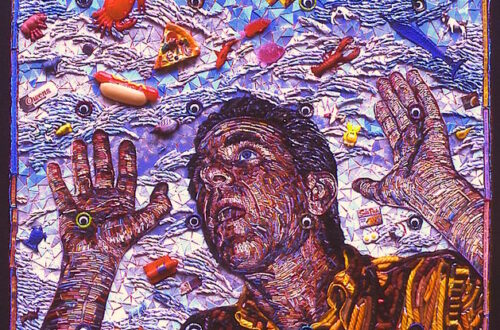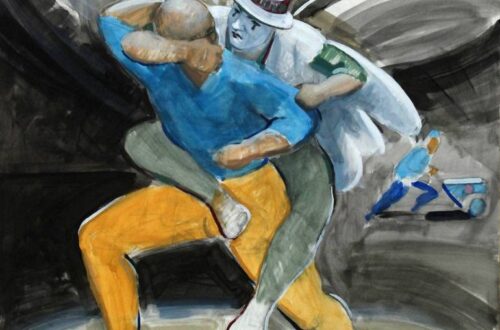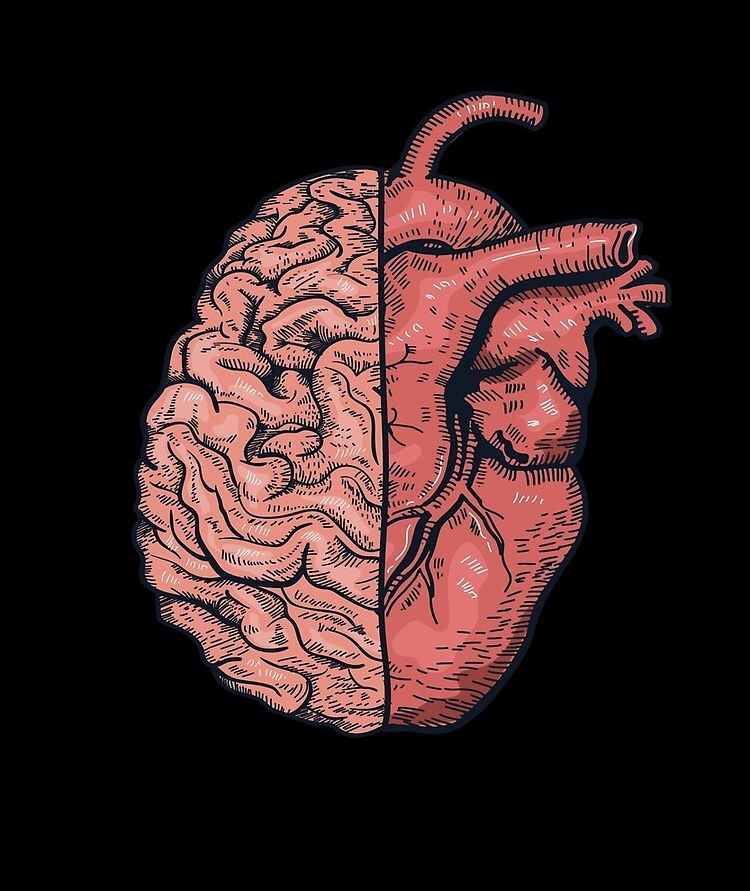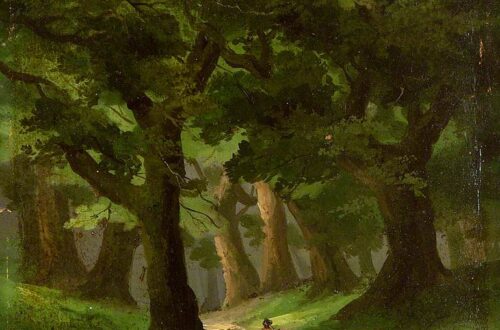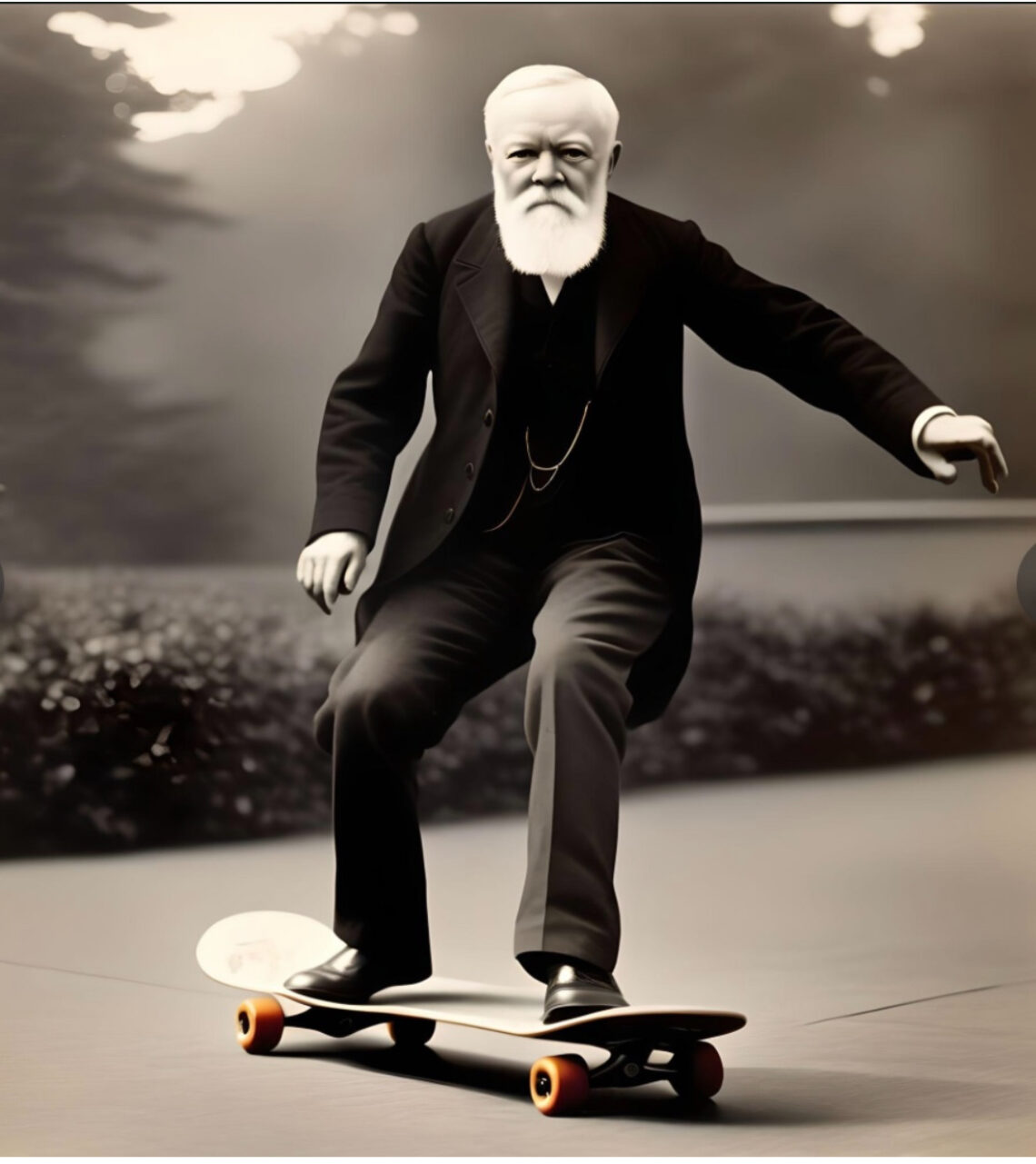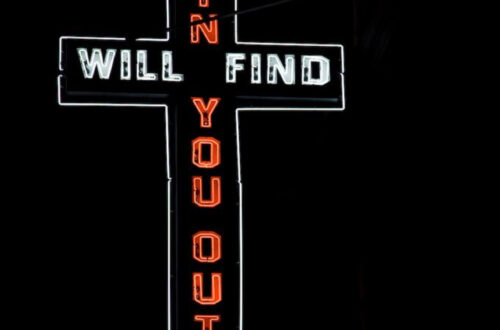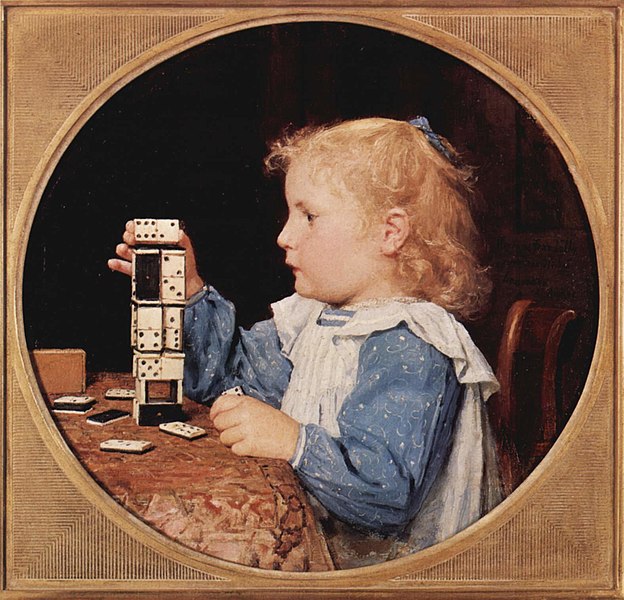-
The Faith of Abraham in Genesis 17
“As for me, this is my covenant with you: You will be the father of many nations. No longer will you be called Abram; your name will be Abraham for I have made you a father of many nations. I will make you very fruitful; I will make nations of you, and kings will come from you. I will establish my covenant as an everlasting covenant between me and you and your descendants after you for the generations to come, to be your God and the God of your descendants after you. The whole land of Canaan, where you now reside as a foreigner, I will give as an everlasting…
-
Abraham and Lot
Leo Tolstoy was right when he said, “All happy families are alike. Every unhappy family is unhappy in its own way.” In other words, there are some basic principles that are always present in happy families. No matter what their circumstances and differences there are a few things that mark them and allow them to be happy. A friend of mine told me those two principles are trust and communication. People talk with each other and there is a basic trust in their relationship even when it is strained or the family is in conflict. On the other hand, unhappy families are those that seem to find any number of…
-
The Tower of Babel
One of Flannery O’Connor’s short stories is about a grandfather who takes his grandson, Nelson, to Atlanta to show him by comparison how good it is in the country. A visit to the city will cure him of his boredom with rural Georgia. Arriving on the train, they begin to walk and are soon lost. For the whole day they try to find their way back to the station but walk around in circles confused and no closer to the station. The grandfather’s “moral mission” to show the boy how evil, dark and unwelcoming the city is takes an unexpected turn but in the end they find the train home…
-
Genesis 9
Noah leaves the ark and immediately builds an altar and offers a sacrifice that is pleasing to the Lord. However, there is no sacrifice that can reinstate mankind into a state of innocence or peace with God. The sacrifice is pleasing and the result is God’s promise that he will no longer curse the ground because of man but the cat is out of the bag and the horse is out of the barn so to speak. There is no retooling the heart of man and God recognizes the permanent inclination of every heart is evil from childhood. There will be no new creation. At least not for now. The…
-
Genesis 8
It’s quite a statement to say that there is only one man and his family that is worth saving as we read in Chapter 6. “The Lord saw how great man’s wickedness on the earth had become, and that every inclination of the thoughts of his heart was evil all the time. The Lord was grieved that he had made man on the earth, and his heart was filled with pain.” It would be easy to think that Noah was completely righteous on his own but that is not the case. Noah was part of a line of righteous people. It does not say he was perfect but it does…
-
Noah in Genesis 6
Many Christians around the world celebrate Epiphany on January 6th or the Sunday following – which would be today. It is also known as the Three Kings Day to honor the three Magi who traveled from the East to bring gifts to the baby Jesus. For Eastern Orthodox Christians it is called Theophany and also celebrated as the Blessing of the Waters to honor the baptism of Jesus in the Jordan and the wedding at Cana when Jesus turned water into wine. In Bulgaria and other European countries a crucifix is blessed by the priest and then thrown into the nearest body of water where swimmers dive in to find…
-
All One
An article in the Chronicle of Philanthropy may indicate a change in a 20-year trend of measuring nonprofit performance. The “effective philanthropy” movement took a small hit when the William and Flora Hewlett Foundation announced it was closing down its eight-year, $12-million funding of projects to “get donors to rely as much on their heads as their hearts.” Their funding for Charity Navigator, GiveWell and GuideStar ended shortly after the conclusion of the study. As you may know, these organizations are three of the most visible and successful tools for public information about financial performance and social impact of nonprofit organizations. While Larry Kramer, the President of the Hewlett Foundation,…
-
Inconvenient People
In New York’s Central Park you can choose to walk the meandering trails or the circular paths like the one taking you around the Jacqueline Kennedy Onassis Reservoir. Walkers on the first lap barely notice each other. If you pass on the second lap you nod and should you be serious enough to be taking the third lap you may actually catch a small wave or smile. By then you have something in common. Not quite friends but if you see each other tomorrow morning you’ll not have to start over. You might even speak. New York Times columnist David Brooks writes about the three rings of relationships we have…
-
Not Too Old To Roll
William Barstow was an enterprising partner and friend of Thomas Edison as well as an inventor and highly successful entrepreneur in his own right. One night in 1931, Barstow and his wife, Francoise, sat around their table discussing new ideas. They had been wrestling with how to structure a substantial gift that would allow them to make donations without setting up a trust or a private foundation – both of which were primarily reserved for only the wealthiest families in the country at the time. The Barstows worked out an arrangement with the young New York Community Trust to create a vehicle that would give them most of the benefits…
-
Risk
Risk Entrepreneurs are often described (mistakenly) as heroic risk-takers not calculating before acting. Nothing could be further from the truth. They work hard reducing as much risk as possible but having done that they are willing to launch. This is why I love watching the process of true entrepreneurs eliminating risk to give themselves the best chance of succeeding. Being a part of their identifying an opportunity is good work. Two friends having built a successful company are now turning their attention to a complex, important issue in our community: access to healthcare. They want to do something…

